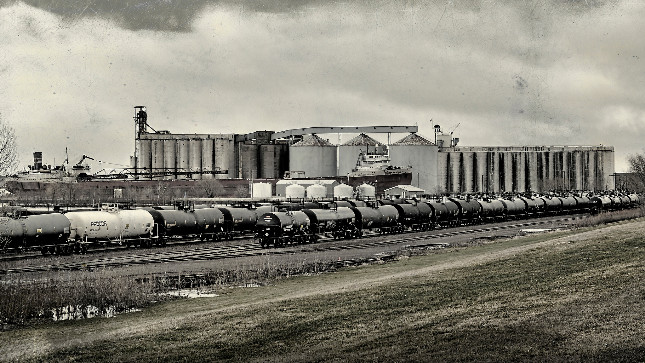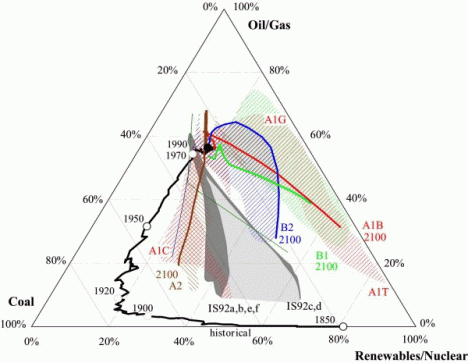 Photo by Randen Pederson, courtesy of Flickr
Photo by Randen Pederson, courtesy of Flickr
Why Cheap Oil can Help the U.S. Deal with Climate Change
The price of oil continued to fall today, dropping to nearly $51 per barrel for Brent crude oil, while already dropping to below $50 per barrel for U.S. oil. The economic impact of this price decline though is highly variable. While lower fuel costs are beneficial to nearly every consumer, many investors are concerned about the falling share prices of energy firms which is leading related markets to decline.
In terms of energy and climate security however, the increasing supply of oil presents uncertainty for the future. On the one hand, cheaper fossil fuel creates less incentive for investment in alternative energy sources and increases reliance on high-emission fuels. On the other hand, inexpensive fuel spurs economic growth and increases levels of international cooperation and communication—factors which are considered by the Intergovernmental Panel on Climate Change to be beneficial for addressing climate change related issues.
The possibility of increased reliance on varying fuel sources has been analyzed before. In the year 2000 the IPCC published its Special Report on Emissions Scenarios (SRES). This report details the likely effect on emissions primarily as it relates to the strength of the global economy, outlining several likely scenarios dependent on the predictable effects of economic highs and lows. The report explains that predictable models of human behavior show a greater likelihood of long term emission reductions when the global economy is strong, bringing high levels of international cooperation. When seen in this context, a steep price drop of oil is not necessarily a bad thing for climate change, since it creates more political space for policy makers to address climate issues.
This should be further coupled with the knowledge that automobile emissions in the U.S. have been historically resilient to fluctuations in fuel prices in the short term. Since much of the U.S. lacks the public transit infrastructure needed to reduce reliance on cars, a high cost of fuel does little to reduce emissions when people still need their vehicles to complete basic daily tasks.
While many environmentally focused citizens are concerned about the inevitable rise in emissions that will be associated with cheaper fuels, it is important to always keep in mind that dealing with climate change is a long term process. Cheap oil now can help to pave the way for climate cooperation in the future.






